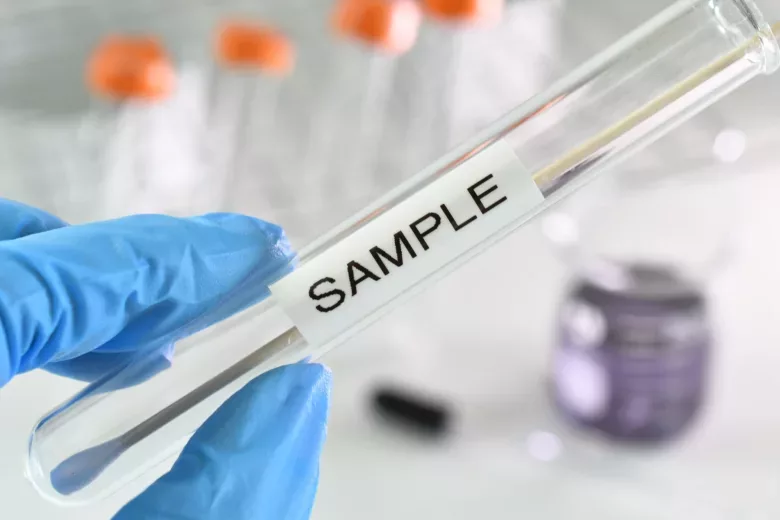Our immune system plays a critical role in defending our bodies against infections and illnesses. A robust immune system is essential for maintaining overall health and well-being. While a balanced diet, regular exercise, and adequate sleep are fundamental for a healthy immune system, certain supplements can also contribute to boosting its function. In this blog, we’ll explore some of these immune-boosting supplements backed by scientific research.
Vitamin C
One of the most well-known immune-boosting supplements is vitamin C, also known as ascorbic acid. Vitamin C is essential for the growth, development, and repair of all body tissues. It’s a powerful antioxidant that helps protect cells from damage by free radicals, which can weaken the immune system.
Numerous studies have investigated the role of vitamin C in immune function. Research suggests that vitamin C can enhance the production and function of white blood cells, which are crucial for immune defense. Additionally, vitamin C may help reduce the duration and severity of common colds and respiratory infections. A meta-analysis published in the Cochrane Database of Systematic Reviews found that vitamin C supplementation can reduce the risk of getting a cold by 50% in people exposed to extreme physical stress.
Reference: Hemilä, H., & Chalker, E. (2013). Vitamin C for preventing and treating the common cold. Cochrane Database of Systematic Reviews, (1).
Vitamin D
Vitamin D is well-known for its role in maintaining healthy bones, but it also plays a significant role in immune system regulation. Vitamin D receptors are found on immune cells, and this vitamin is involved in the activation of immune responses against pathogens.
Research suggests that vitamin D supplementation may reduce the risk of respiratory infections, including the flu and the common cold. A study published in the British Medical Journal (BMJ) found that daily or weekly vitamin D supplementation reduced the risk of acute respiratory tract infections, particularly in people with vitamin D deficiency.
Reference: Martineau, A. R., Jolliffe, D. A., Greenberg, L., Aloia, J. F., Bergman, P., Dubnov-Raz, G., ... & Camargo, C. A. (2019). Vitamin D supplementation to prevent acute respiratory tract infections: systematic review and meta-analysis of individual participant data. BMJ, 356.
Zinc
Zinc is a trace element that is crucial for various biological functions, including immune system function. It is involved in the production and activation of immune cells, making it essential for a strong immune response.
Several studies have investigated the impact of zinc supplementation on the immune system. Zinc has been shown to reduce the duration and severity of colds and other respiratory infections. A meta-analysis published in the Journal of the American Pharmacists Association found that zinc supplementation can significantly reduce the duration of the common cold when taken within 24 hours of symptom onset.
Reference: Hemilä, H., & Fitzgerald, J. T. (2007). Zinc lozenges for the treatment of the common cold: a systematic review and meta-analysis of randomized controlled trials. Journal of the American Pharmacists Association, 47(1), 124-135.
Probiotics
Probiotics are beneficial bacteria that inhabit our gut and play a crucial role in maintaining gut health. Emerging research suggests that a healthy gut microbiome is closely linked to a robust immune system.
Probiotics have been studied for their potential to enhance immune function and reduce the risk of infections. A review published in the Journal of Immunology Research highlights that probiotics can modulate immune responses, strengthen the intestinal barrier, and help protect against pathogens.
Reference: Akatsu, H., Iwabuchi, N., Xiao, J. Z., Matsuyama, Z., Kurihara, R., Okuda, K., ... & Yamamoto, T. (2013). Clinical effects of probiotic Bifidobacterium longum BB536 on immune function and intestinal microbiota in elderly patients receiving enteral tube feeding. Journal of Parenteral and Enteral Nutrition, 37(5), 631-640.
Elderberry
Elderberry, derived from the fruit of the elder tree, has gained popularity as a natural remedy for boosting the immune system. It is rich in antioxidants, including flavonoids, which are believed to have immune-boosting properties.
Several studies have suggested that elderberry extracts can help reduce the duration and severity of cold and flu symptoms. A randomized, double-blind, placebo-controlled trial published in the journal Nutrients found that elderberry supplementation significantly reduced the duration and symptoms of the flu.
Reference: Tiralongo, E., Wee, S. S., & Lea, R. A. (2016). Elderberry supplementation reduces cold duration and symptoms in air-travellers: A randomized, double-blind placebo-controlled clinical trial. Nutrients, 8(4), 182.
Echinacea
Echinacea is a group of flowering plants that are often used as herbal remedies for immune support. Echinacea supplements are derived from the roots and aerial parts of these plants and are thought to stimulate the immune system.
Research on echinacea’s efficacy in preventing and treating colds and respiratory infections has yielded mixed results. While some studies have shown positive effects, others have found no significant benefits. A systematic review and meta-analysis published in the journal PLOS ONE concluded that echinacea may reduce the risk of recurrent respiratory tract infections and decrease the duration of colds.
Reference: Karsch-Völk, M., Barrett, B., Kiefer, D., Bauer, R., Ardjomand-Woelkart, K., & Linde, K. (2014). Echinacea for preventing and treating the common cold. PLoS ONE, 9(7), e101536.
Selenium
Selenium is a trace mineral that is essential for the proper functioning of the immune system. It acts as an antioxidant, protecting immune cells from damage caused by oxidative stress.
Studies have shown that selenium deficiency can impair immune function, making individuals more susceptible to infections. Selenium supplementation has been investigated as a potential way to enhance immune responses. A randomized controlled trial published in the American Journal of Clinical Nutrition found that selenium supplementation improved immune cell activity in elderly individuals.
Reference: Broome, C. S., McArdle, F., Kyle, J. A., Andrews, F., Lowe, N. M., Hart, C. A., ... & Arthur, J. R. (2004). An increase in selenium intake improves immune function and poliovirus handling in adults with marginal selenium status. The American Journal of Clinical Nutrition, 80(1), 154-162.
Conclusion
A healthy immune system is vital for protecting our bodies against infections and maintaining overall well-being. While a balanced diet and a healthy lifestyle are the cornerstones of immune health, supplements can play a complementary role in boosting immune function. The supplements discussed in this blog—vitamin C, vitamin D, zinc, probiotics, elderberry, echinacea, and selenium—have all shown potential in enhancing immune responses and reducing the risk and severity of infections.
It’s important to note that while these supplements can be beneficial, they should not replace a well-rounded and nutritious diet. Before starting any new supplement regimen, it’s advisable to consult with a healthcare professional, especially if you have underlying health conditions or are taking medication. Additionally, individual responses to supplements can vary, so what works for one person may not work the same way for another.
Incorporating these immune-boosting supplements, along with a healthy lifestyle, especially getting a good quality night of sleep, can help support a strong and resilient immune system, keeping you better equipped to fend off illnesses and enjoy a healthier life.


